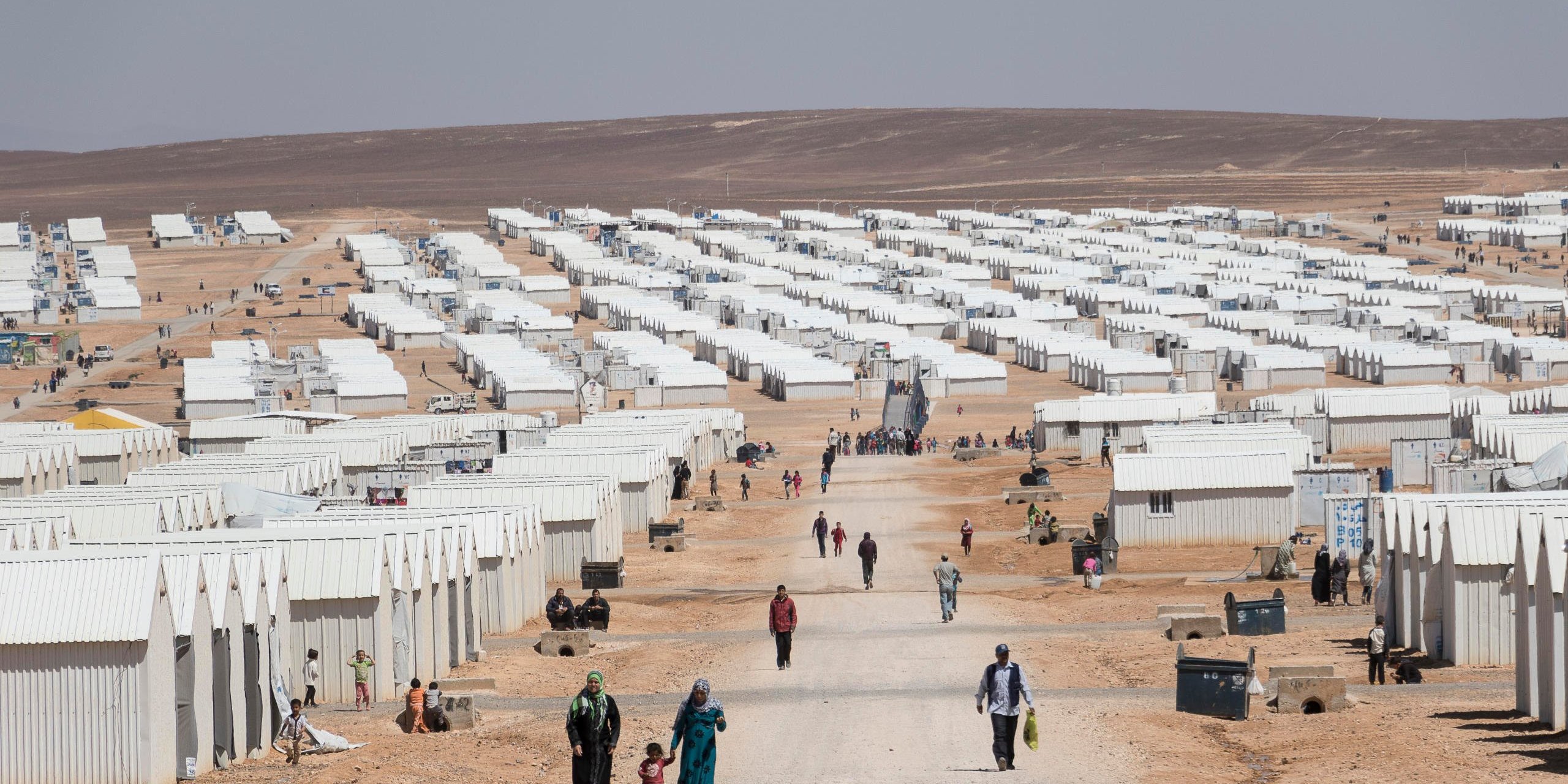
"Some of the most powerful and influential governments meet today to discuss the future of Syria. While we welcome international engagement on Syria, we want to register our grave concern that refugee returns and reconstruction are being discussed prematurely, while civilians and what remains of their homes, hospitals, schools and bakeries remain under attack."
"Nobody more than the Syrian refugees living through these last six years of hell would like to return to their homes, if only there were homes to return to in peace and security. The war and the political violence is still raging in most parts of Syria. What is needed now is for international actors in Brussels to firmly state that returns will take place only when conditions allow. And that is when they are safe, voluntary, protected and assisted."
"What we want to see in this conference is a clear, unequivocal commitment to ensure better protection of civilians in Syria, support for their access to aid and basic services, and help to those who need to escape the horrors of fighting. We need to reaffirm our collective obligations to refugees, reaffirming their unconditional rights, including resolving issues related to residency visas, registration and civil documentation. And all this need to be backed by policies and funding from European as well as other wealthy nations. Anything else will mean many more catastrophic years for Syrians."
Background
NRC research in 2016 and 2017 found that many thousands of refugees lack basic identification, civil and housing, land and property documents. The majority of Syrian refugees surveyed (70%) by NRC did not have national ID and over half of married Syrians did not have marriage documentation. This poses formidable barriers to proving identity, parentage and nationality of Syrian refugee children, with implications for access to education and other services. For example, 92% of refugees surveyed by NRC in Lebanon were unable to register the birth of their children and over 20% of Syrian refugee children under the age of five risk becoming stateless. Our surveys also showed that a significant majority of Syrian refugees (67%) own property in Syria. However, only 17% of those interviewed still had documentation to prove their ownership claim.
Without these different types of legal papers, the refugees from Syria who are spread across the Middle East are often prevented from accessing basic services like schools and hospitals, or worse, it can leave people critically vulnerable to arrest, detention or even deportation. In Syria, the lack of legal documentation is worsening the humanitarian impact of the war, posing serious obstacles for access to aid. Restrictions on freedom of movement due to lack of documentation is of a particular concern as it can prevent families from fleeing areas of active fighting.
Press contacts:
Karl Schembri, Regional Media Adviser (Jordan | karl.schembri@nrc.no | +962 (0) 7902 20159
NRC media hotline | info@nrc.no | + 47 905 62 329


